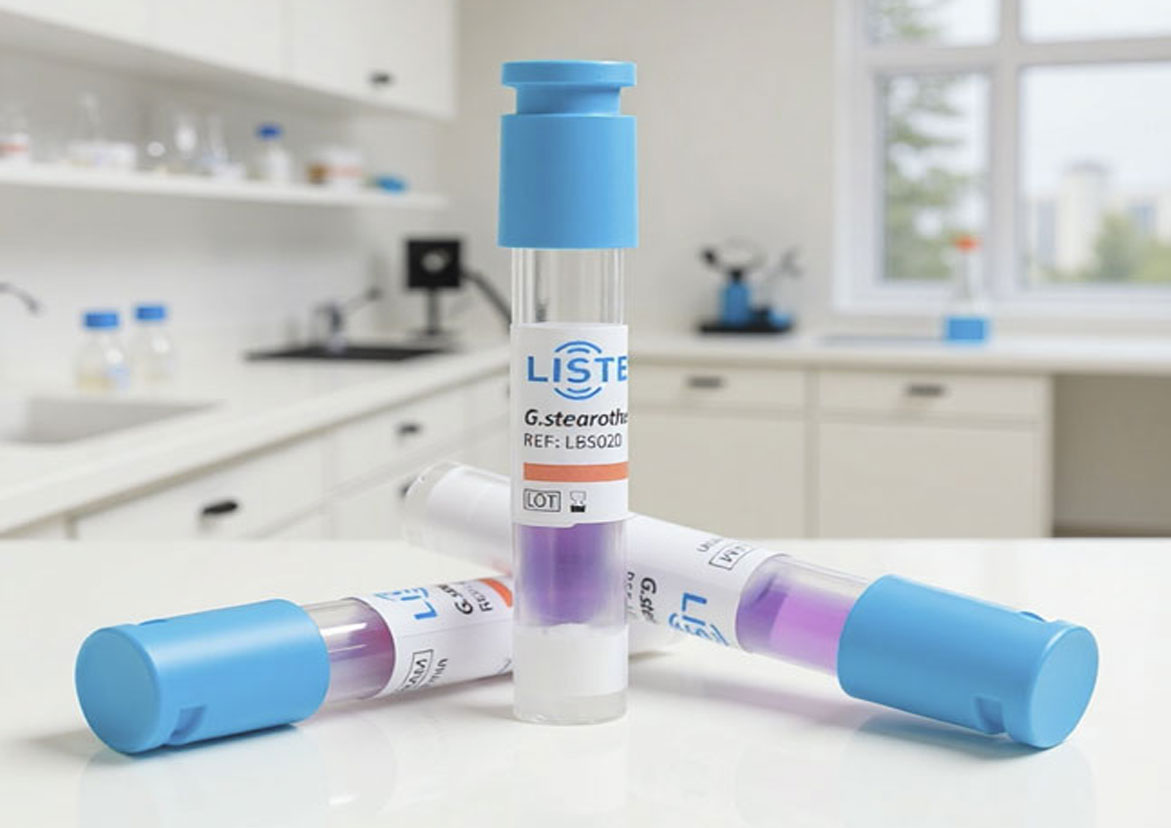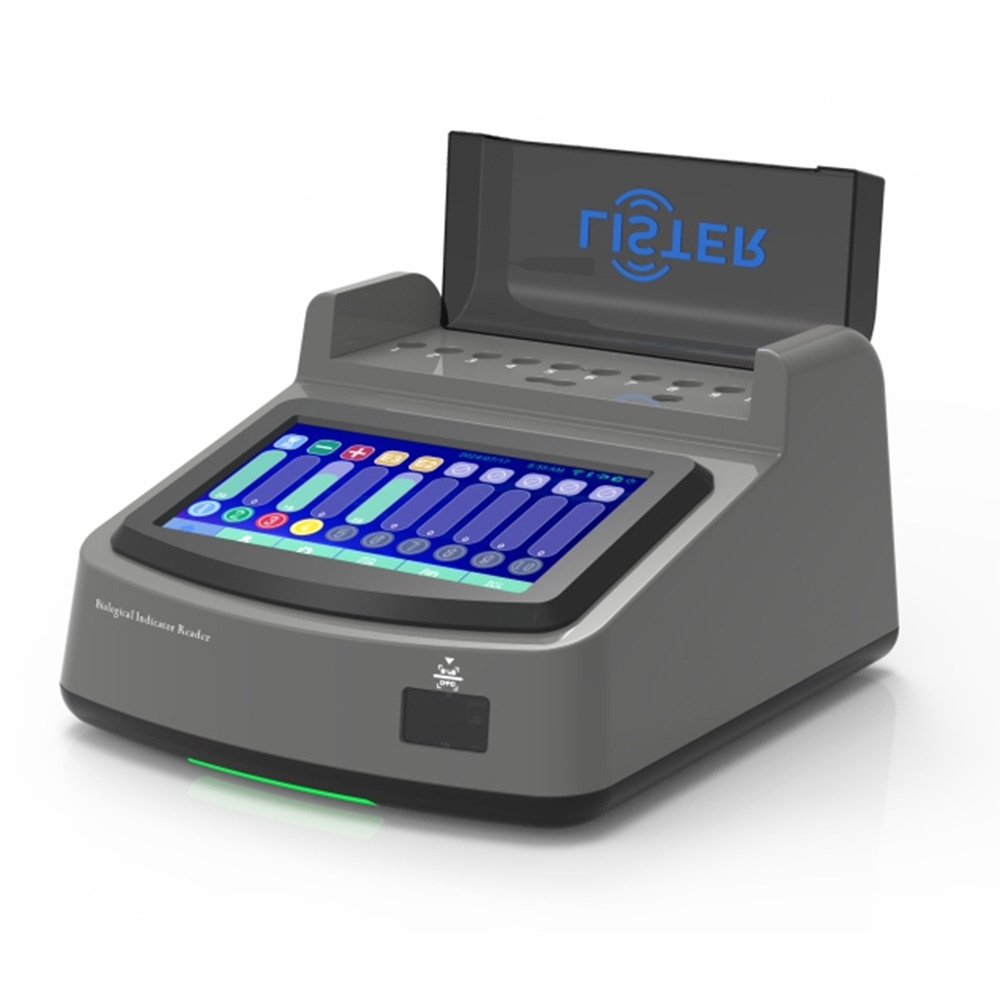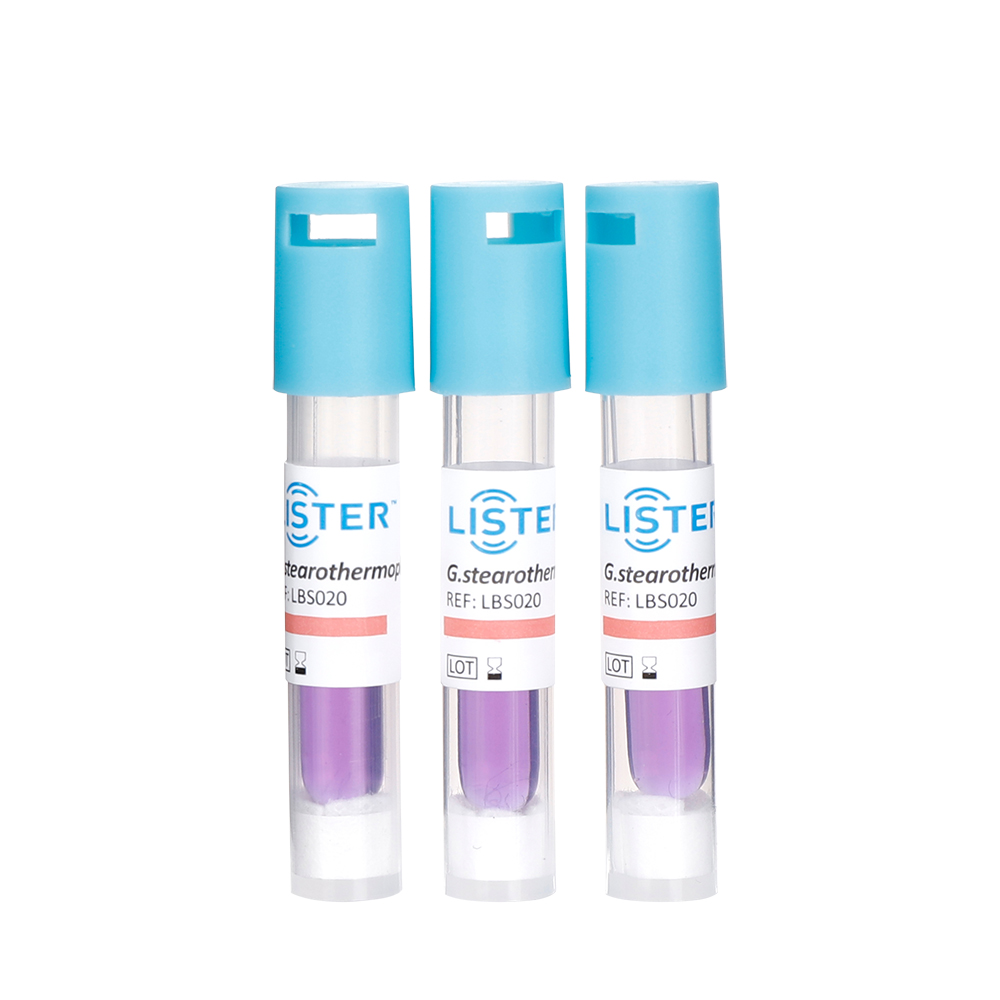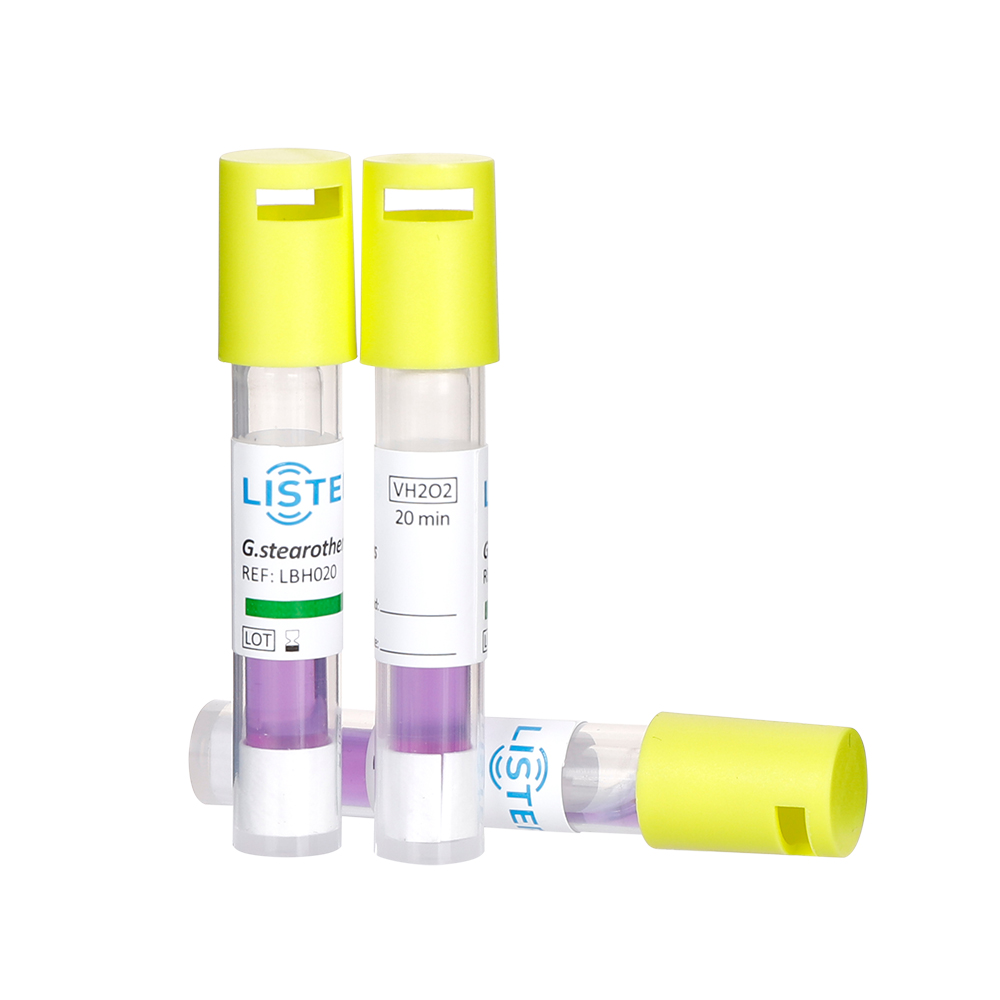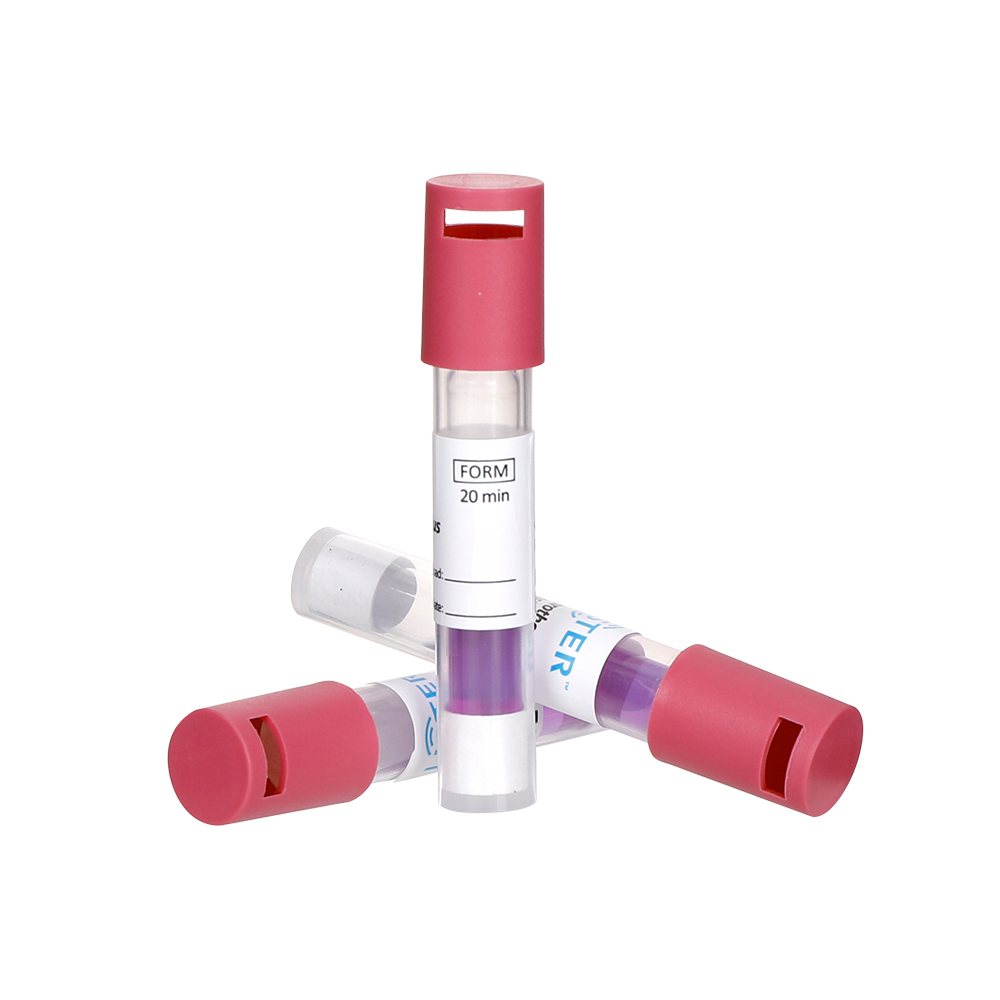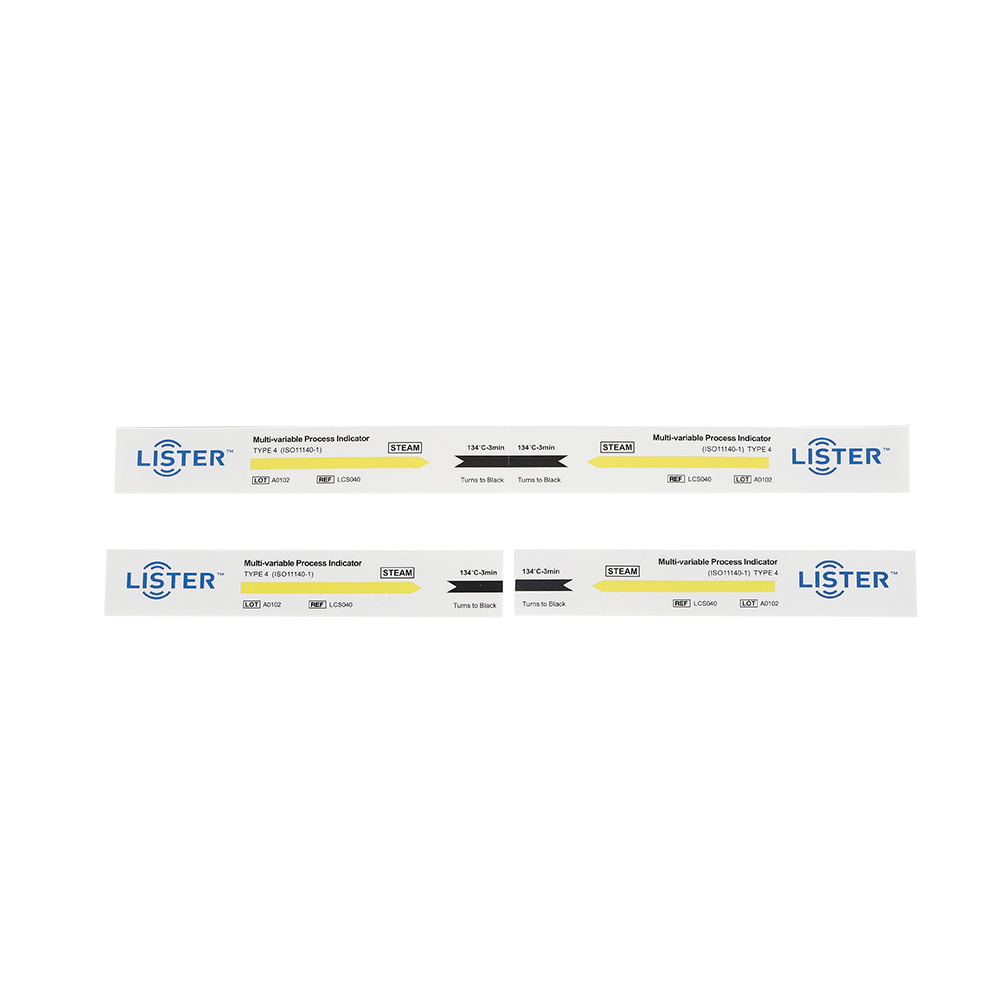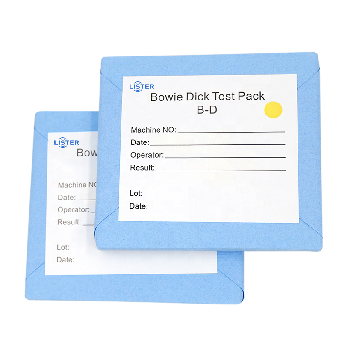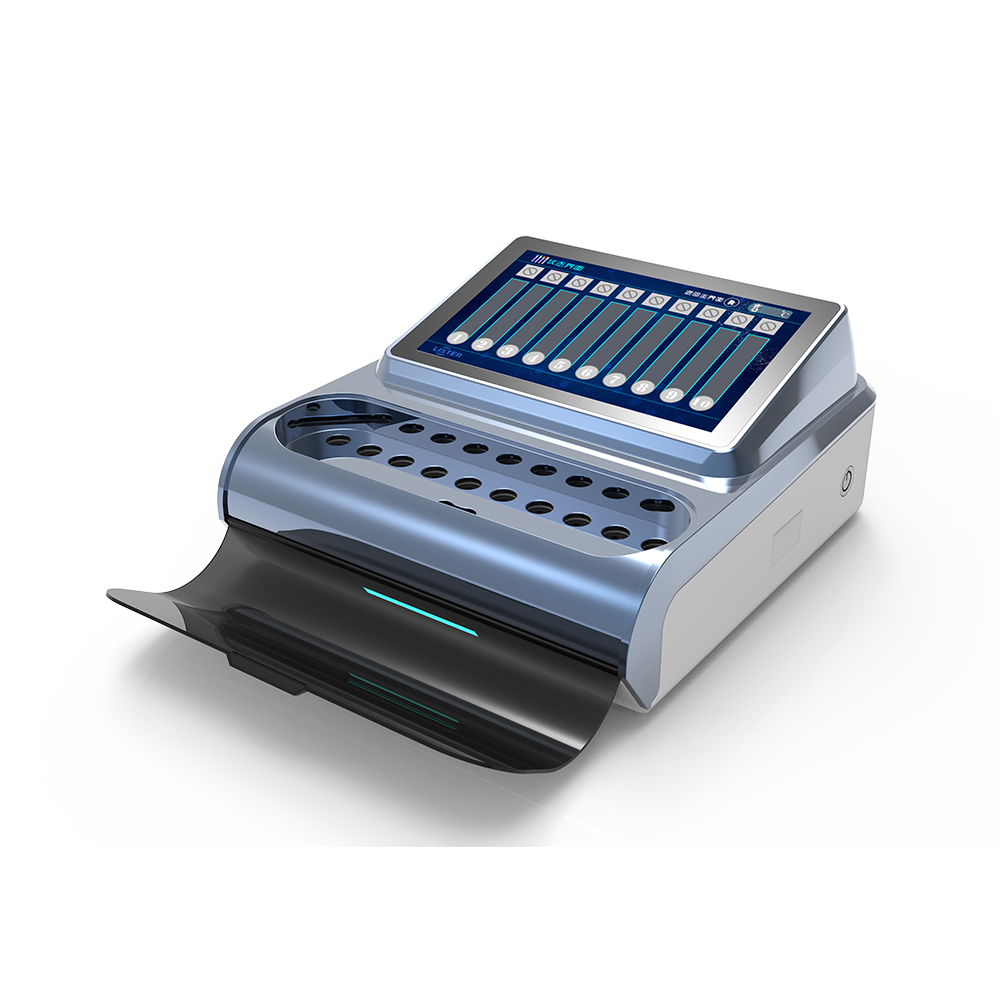17 Aug, 2025
In sterilization program validation, although the sterilization effect can be evaluated by monitoring certain parameters of the sterilization process, the degree of sterilization of biological indicators is the most intuitive indicator for evaluating the effectiveness of a sterilization program. Commercial standard biological indicators can be used, as well as spores prepared from microorganisms with the strongest tolerance isolated in daily production contamination monitoring. In the verification test of biological indicators, it is necessary to determine the D value of spores under actual sterilization conditions and measure the purity and quantity of spores. When verifying, the microbial dosage of the biological indicator should be greater than the daily detected microbial contamination, with strong tolerance, to ensure greater safety of the sterilization process. In the final sterilization method, biological indicators should be placed in different parts of the sterilization cabinet. And avoid direct contact of the indicator with the sterilized item. After sterilization according to the set conditions, the biological indicator is taken out and cultured separately in the culture medium to determine whether the spores in the biological indicator have been completely killed.
Excessive sterilization validation of products generally does not consider the level of microbial contamination, and commercially available biological indicators can be used. When designing sterilization procedures for products with poor tolerance to sterilization methods, the level of microbial contamination in the production process should be estimated based on experience, and the number of bacterial strains and spores for biological indicators should be selected. The sterility assurance of such products should be evaluated by monitoring the quantity of microbial contamination, tolerance, and data obtained from sterilization program validation before each batch of sterilization.
In the sterilization biological monitoring of medical institutions, the WS310 national standard has clearly stipulated that:
1. The pressure steam sterilization process is once a week, using pressure steam sterilization biological indicators;
2. Ethylene oxide gas sterilization requires monitoring for each batch, using ethylene oxide sterilization biological indicators;
3. Low temperature plasma sterilization is monitored once a day using low-temperature plasma sterilization biological indicators.
The above three sterilization methods are the main sterilization methods used in medical institutions, among which pressure steam sterilization is the most widely used.
LISTER BIOMEDICAL CO.,LTD is a leading specialized provider of innovative sterilization monitoring solutions, dedicated to enhancing the safety and effectiveness of sterilization processes across various industries.
At LISTER, we are committed to advancing the field of sterilization by offering a comprehensive range of high-performance sterilization monitoring products. Our portfolio includes Biological Indicators(BIs), Chemical Indicators(CIs), Rapid Biological Auto-reader Incubators ,Process challenge device(PCD) and Bowie-Dick Test Packs, that are designed to meet the stringent demands of medical device sterilization and ensure compliance with global safety standards.
Tags:



